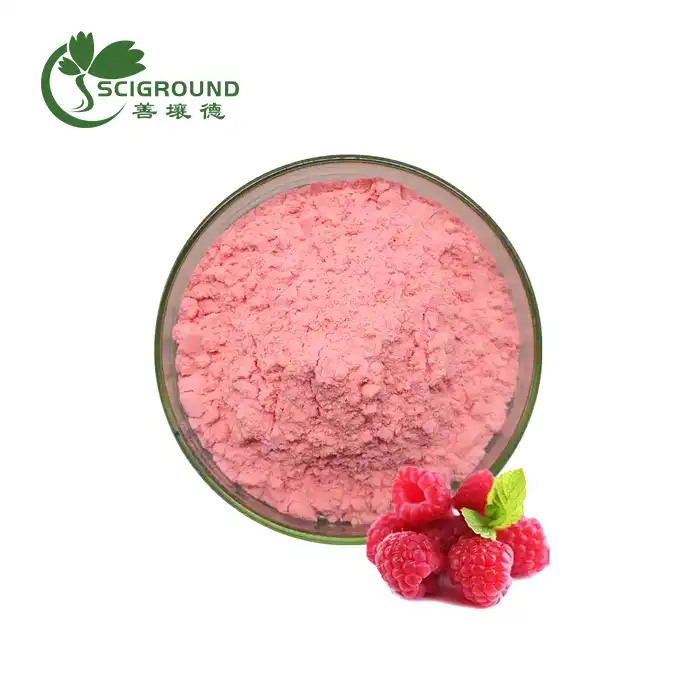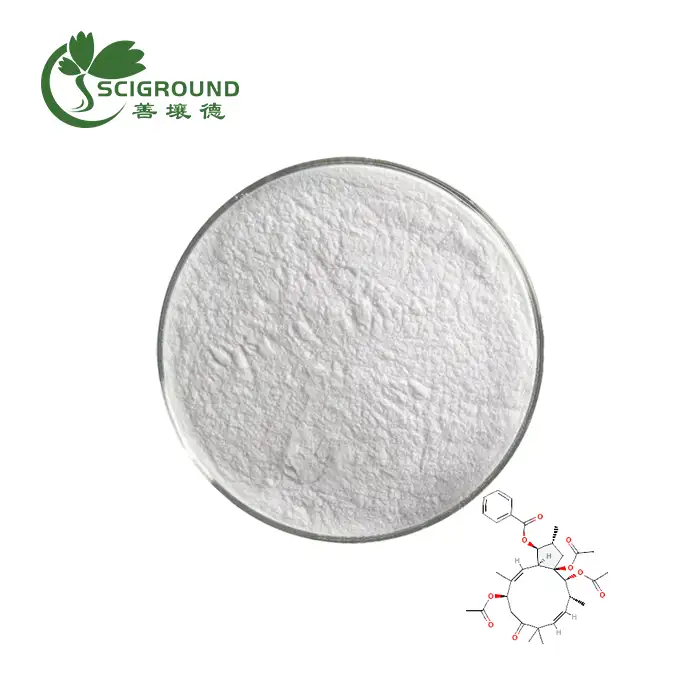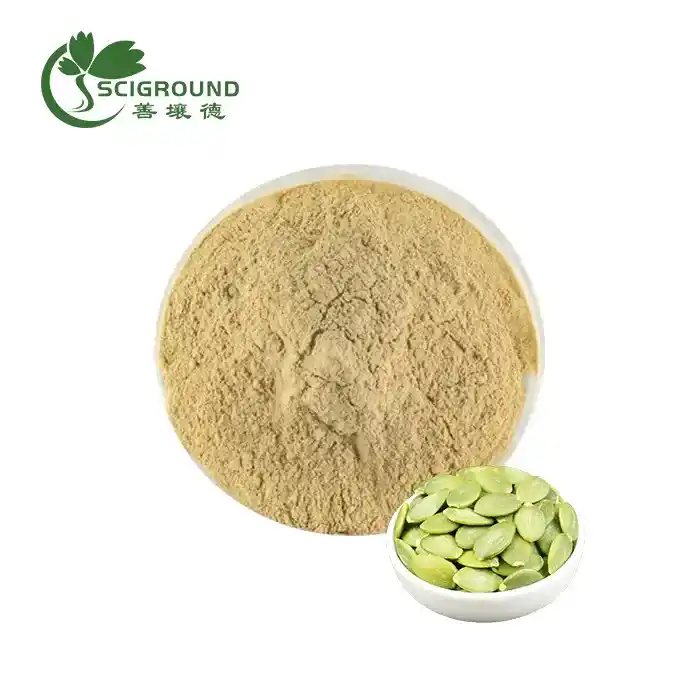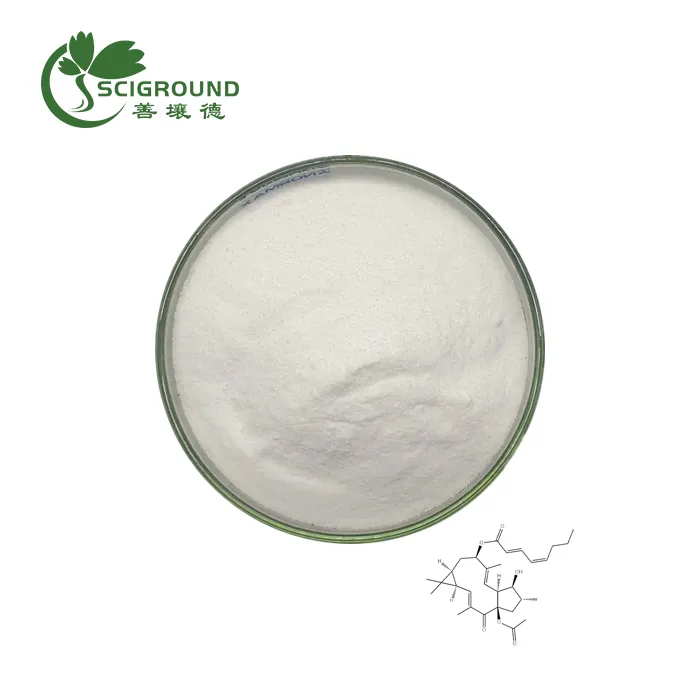Is it better to take ginkgo at night or morning?
Ginkgo is an old herbal that has been used in Ancient Chinese medicine for brain health, blood flow, and cognitive functioning. Relatively the same as ginseng, this herb stimulates mental clarity while also helping to prevent age-related memory loss and other cognitive symptoms of Alzheimer's or dementia.
Should you take Ginkgo in the morning?
It is also common for people to take Ginkgo first thing in the morning as part of their daily routine. For example, for people who desire extra mental clarity and improved cognitive function in their day-to-day lives, taking Ginkgo in the morning can help tremendously.
1. Improves Mental Clarity in the Morning
Known to boost memory and mental focus, Ginkgo tends to be a good choice for early in the morning. For those who are overworked and have limited time during the day, taking Ginkgo will help increase your level of focus and acuity.
Ginkgo supports improved blood flow to the brain, helping those who feel sluggish from a previous heavy night to get on with their day by feeling more alert and awake which is essential for when you need to combat work or school. This is what makes it the ideal time of day for people who require some extra mental power to get their day off on the right foot.
2. Supports Energy Levels
Although ginkgo is not a stimulant like caffeine, it can promote energy levels because it enhances circulation and oxygen flow to the entire body. For a fresh morning or to support you in the afternoon, this kind of ginko can make a nice welcome.
3. Complement with Other Supplements
Ginkgo is simple to add to your daily routine, especially for those who already take multiple supplements. It is frequently stacked with other nootropics or cholinergic brain supplements. Including ginkgo with other morning supplements can establish an overarching cognitive enhancement routine.

Should You Take Ginkgo in the Evening?
Most people take ginkgo in the morning, though some opt to take it in the evening -- especially if they're interested in other benefits from the supplement. Ginkgo in the evening can aid relaxation, decrease stress, and improve sleep quality.
1. Promotes Relaxation Before Bed
And taking ginkgo at night can help relieve stress and anxiety for some people. The relaxation effects can help those who struggle to fall asleep because of stress or a busy mind, making it easier to unwind after a tiring day.
2. Supports Blood Circulation During Sleep Rest
Ginkgo helps to improve blood circulation (which is one of its primary benefits) and can work while the body rests at night. During sleep, there is more blood circulation throughout your body to assist with the healing and recovery of your muscles.
3. Keep away from contact with different stimulants
As its effects are mildly sedating, those who take stimulants — such as caffeine in the morning — should take them at least an hour apart from the ginkgo, as it can diminish these effects temporarily. Ginkgo is taken in the evenings (if you are someone who is taking caffeinated beverages). The fat in this formulation will also delay the onset of absorption of ginkgo, which ensures that you do not get an immediate caffeine shot.
Possible Side Effects
Although ginkgo is safe for most people, there are some side effects to be aware of, especially when using higher doses. Side effects include headaches, dizziness, and digestive problems. The side effects are generally mild and tend to decrease in intensity as the body acclimates to taking this supplement. Be sure to adhere to the suggested dosing information on the packaging, although consult a healthcare professional if you do have persistent side effects.
Conclusion
But in the end, you can take ginkgo in the morning or the evening depending on your own taste or health objectives. For a better focus, mental clarity, and energy level to get through the day ginkgo is probably best if taken in the morning. In the evening, however, if you want to chill out and de-stress adding ginkgo to your nightly routine can help mellow you down for a good night's rest.
Related Industry Knowledge
- what is Albendazole Powder
- Best Time to Take Inulin for Weight Loss
- Can we apply cinnamon powder directly on face?
- What is Inulin?
- L-Ornithine Benefits
- Unlocking the Health Benefits of Persimmon Extract Powder: Everything You Need to Know
- Exploring the Science Behind L-Ornithine as a Supplement
- OPC Grape Extract Powder: Benefits and Uses
- When to drink bcaas
- Is Capsaicin Good For You?







